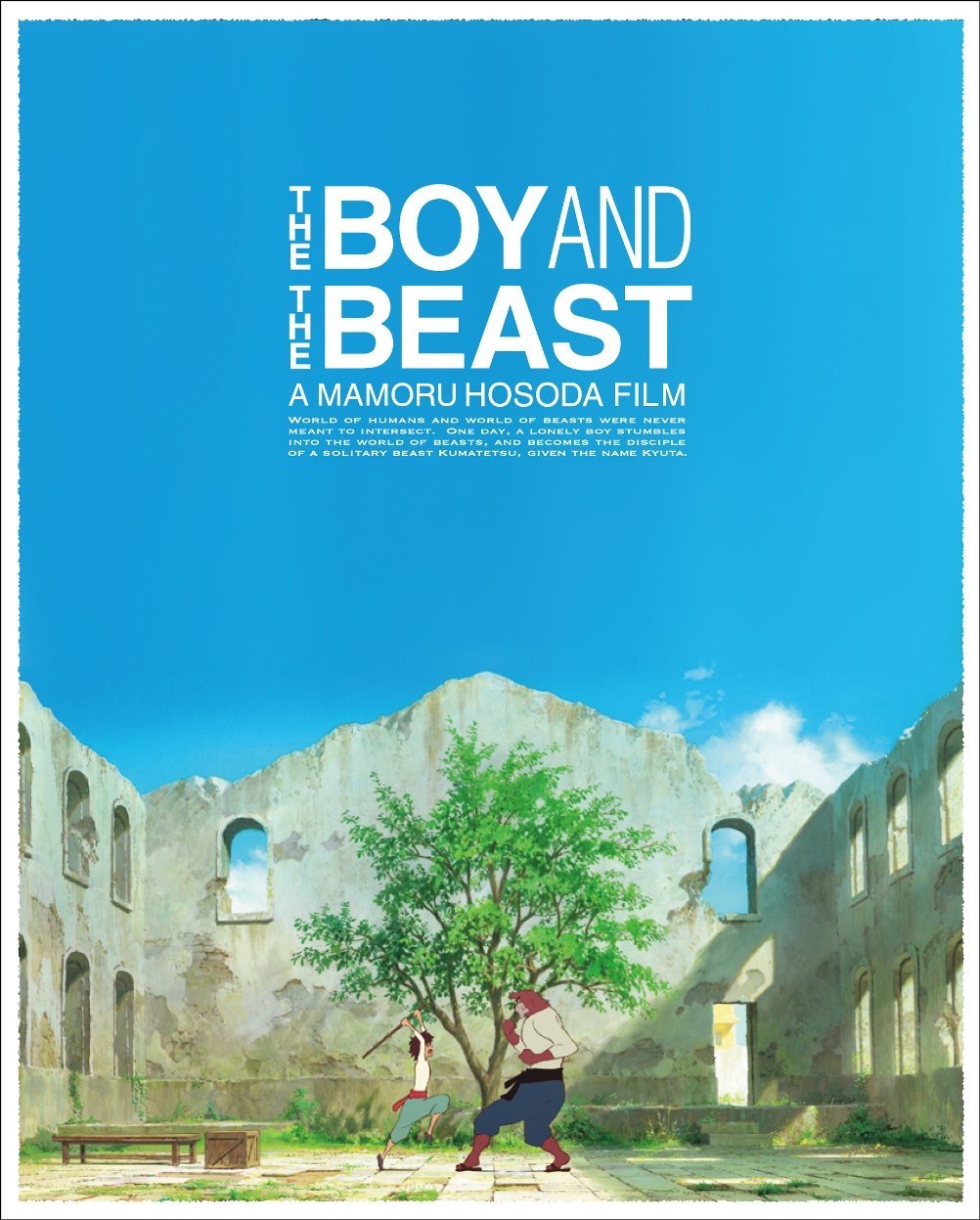Further, the 2012 purchasing power of Illinois’s Latinos totaled $46.1 billion — an increase of 422.2 percent since 1990. Asian buying power totaled $28.7 billion — an increase of 463 percent since 1990, according to the Selig Center for Economic Growth at the University of Georgia.
While U.S. immigration debate focuses largely on Latino populations, The Immigration Project deals with immigrants from across the globe, including a growing influx of French-speaking arrivals from Togo and other African countries and Canadian and European immigrants.
Immigrants who currently must remain in the legal shadows effectively are “living in limbo,” Tarbert said, limiting work or educational opportunities. On a national level, she argued the Immigration Project and similar groups would benefit from a U.S. Supreme Court re-review of the currently court-deadlocked case challenging President Obama’s immigration reform plan, which had reflected elements of a stalled bipartisan Senate package. The 2012 purchasing power of Illinois’s Latinos totaled $46.1 billion—an increase of 422.2% since 1990. Asian buying power totaled $28.7 billion—an increase of 463% since 1990, according to the Selig Center for Economic Growth at the University of Georgia.
The case, United States v. Texas, concerned a 2014 executive action by the president to allow as many as five million unauthorized immigrants who were the parents of citizens or of lawful permanent residents to apply for a program that would spare them from deportation and provide them with work permits, called Deferred Action for Parents of Americans and Lawful Permanent Residents (DAPA).
“Just having those programs implemented would go a long way toward helping a lot of people,” said Tarbert. “It would really have made a lot of things easier for a lot of our clients.”
Project clinics in 2014 and 2015 nonetheless covered a range of issues beyond DAPA, including citizenship application assistance. The group also assists in visa petitions, consular processing for family members, and waivers of inadmissibility, and provides immigrant crime victim support addressing domestic violence, sexual assault, and human trafficking.
“We tend to be more service-based than advocates,” Tarbert advised. In 2015, 37 percent of client “intakes” involved those seeking naturalization and citizenship. Nearly 30 percent of clients sought support for childhood arrivals.
Clients pay an initial $25 consultation fee, though many other services are free or charged based on a sliding financial scale based on case type, family size, and household income.
The Project also taps a healthy volunteer base, which provides English/Spanish/French translation, case follow-up management, or coordination of legal clinics and area citizenship workshops.
“There are a lot of people who want to support the attorneys,” Tarbert noted.
--
The Immigration Project receives no federal funding, depending instead on low legal fees, donations, and grants. Those who wish to support the Project can check to see if their employer is eligible for Matching Gift Programs to match personal donations or offers any Volunteer Grant Programs which allow an employee to volunteer a set number of hours. Amazon donates 0.5 percent of the price of an eligible purchase to The Immigration Project for every purchase made through AmazonSmile when the buyer opts to make it the charitable organization of their choice. And PayPal enables donors to use their credit card without making an account.



















